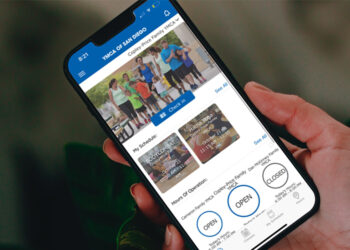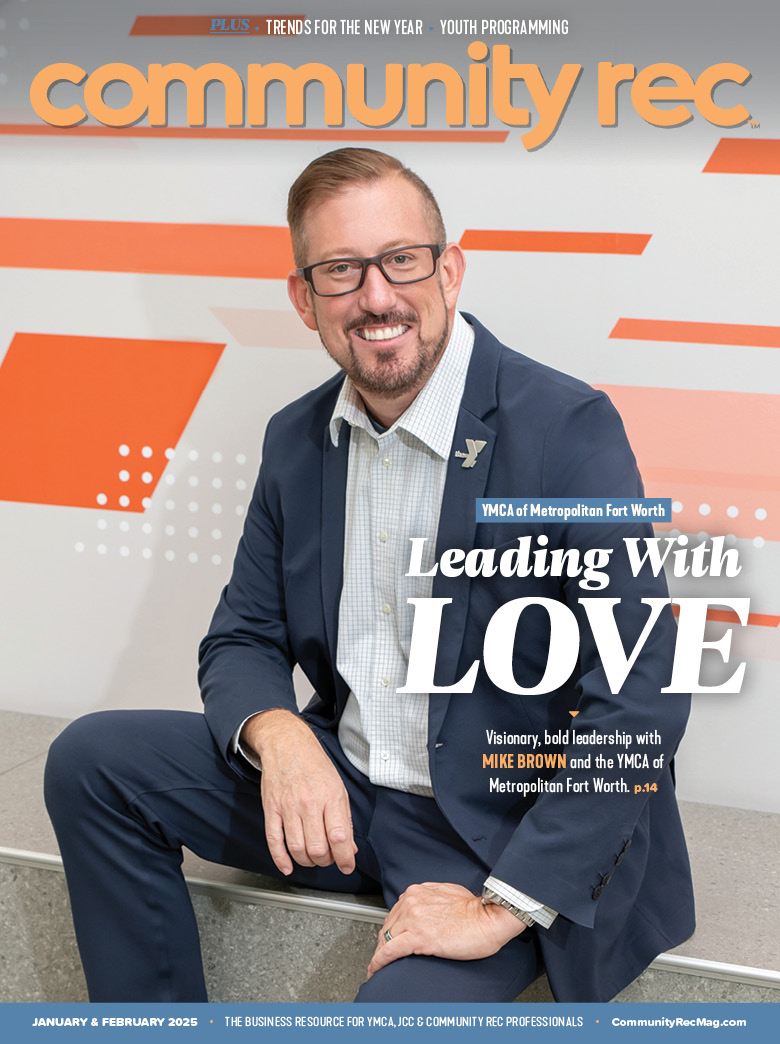Kendall Morris, the founder of Founder’s Mark, shares how to make hard activities fun to foster youth potential.
Have you ever watched a child hit their first ball, swim their first lap or read their first book aloud? The mix of joy, pride, fear and relief on their face reveals how challenging first-time experiences can be. Yet, these moments are transformative in a child’s journey toward success, in part because they’re hard. Research from Stanford University shows kids who take on challenges improve their problem-solving skills by 70% — a major key to unlocking their potential.
The secret is to make hard things fun and achievable, so kids learn to enjoy overcoming obstacles. This approach builds confidence and resilience, turning roadblocks into stepping stones for growth.
Why It Works: Belonging, Engagement and Confidence
Doing hard things impacts youth development in three key areas:
Sense of Belonging. The National Academy of Sciences highlights that when kids are challenged in supportive environments, they develop a greater sense of belonging. Tackling tough tasks in group settings fosters teamwork and connection, helping kids feel valued within their community.
Increased Interest in Learning. According to the Harvard Graduate School of Education, when students experience productive struggle — where the challenge is difficult but achievable — they become more motivated to learn. This engagement drives deeper exploration in their learning journey.
Confidence in Achieving Goals. The American Psychological Association reports overcoming challenges helps build self-efficacy, the belief in one’s ability to succeed. Carol Dweck’s research on growth mindset demonstrates embracing challenges and learning from mistakes fosters resilience and confidence in achieving more.
Connie’s Story: From Uncertain to Unstoppable
Connie’s journey exemplifies this. As a sixth grader, she joined an afterschool program and started her first brownie business, even though she didn’t know how to bake. Her coach broke the process into fun, manageable steps. Each small success boosted her confidence. By the time she graduated high school, Connie had turned her project into a profitable business and earned a full-ride college scholarship. Her story highlights how youth can thrive when hard tasks are broken down into fun, achievable parts.
How You Can Create More Success Stories
Encourage Guided Risk-Taking. Help youth take safe risks and see both success and failure as learning opportunities. The National Association of Colleges and Employers notes 93% of employers value problem-solving skills developed through such experiences.
Personalize Activities. Tailor challenges to individual strengths and interests, offering flexibility and self-pacing to ensure every child can succeed.
Celebrate Small Wins. Acknowledge progress at every step. Research shows celebrating small victories fosters a growth mindset and keeps kids motivated.
The Power of Fun Challenges
It’s powerful to witness a kid’s journey toward resilience and success. By blending fun with tough tasks, we can help youth develop the problem-solving skills, confidence and curiosity they need to thrive. Let’s help them achieve their potential — one fun challenge at a time.










